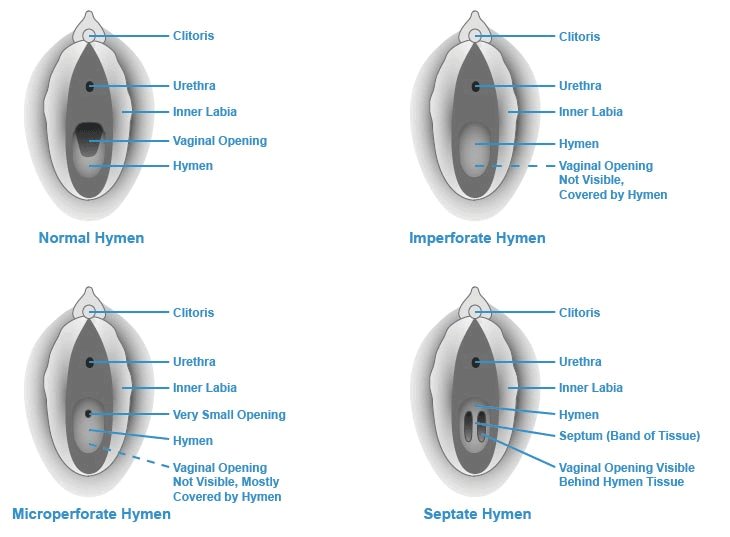nature.com/articles/d4158…
I’ll give you an example. I don’t know what MIT’s policies are, but I’d be willing to bet they’re similar to the ones I dealt with at another educational institution, relating to another professor.
But okay. All right. I would be content to act in an organizational role, then.
Nope.
The first thing they were also told was, “We can’t guarantee your confidentiality.”
Because their policy stated that the accused must have a chance to hear the details of all stories reported about them and have a chance to respond to them.
In other words, the students would be identifiable, and face retaliation.
They had no answer to that.
Because if they didn’t follow “proper procedures,” they explained, they could be sued by anti-#metoo legal organizations.
In other words, they prioritized the security of the institution over the health and safety of their students.
No student wanted to be identifiable to this professor.
Which is why I’m not surprised that MIT’s “investigation” “cleared Díaz of wrongdoing.”
MIT didn’t talk to me. Or Zinzi. Or Carmen. Or Alisa. Or, to my knowledge, anyone who signed the VONA petition.
None of it matters to them.
It should be enough that Junot Díaz cornered Zinzi Clemmons when she was a 26-year-old graduate student at Columbia and sexually assaulted her.
To lose any kind of position where he has paid power over and access to young women.
But I guess we’re still not there, in 2018.
In the last six weeks, they’ve been working pretty hard to pave everything back to the way it was before.
I guess I’ll leave it at that.
But I will not ever regret speaking up for all the women who can’t.
MIT’s investigation doesn’t mean shit.
We’re only six weeks into the overall investigation. Many of them take months or years—for women to come forward, for journalists to investigate, for all the dots to be connected.
My DMs are open. My email is monica@monicabyrne.org.
Whenever you’re ready. ❤️



